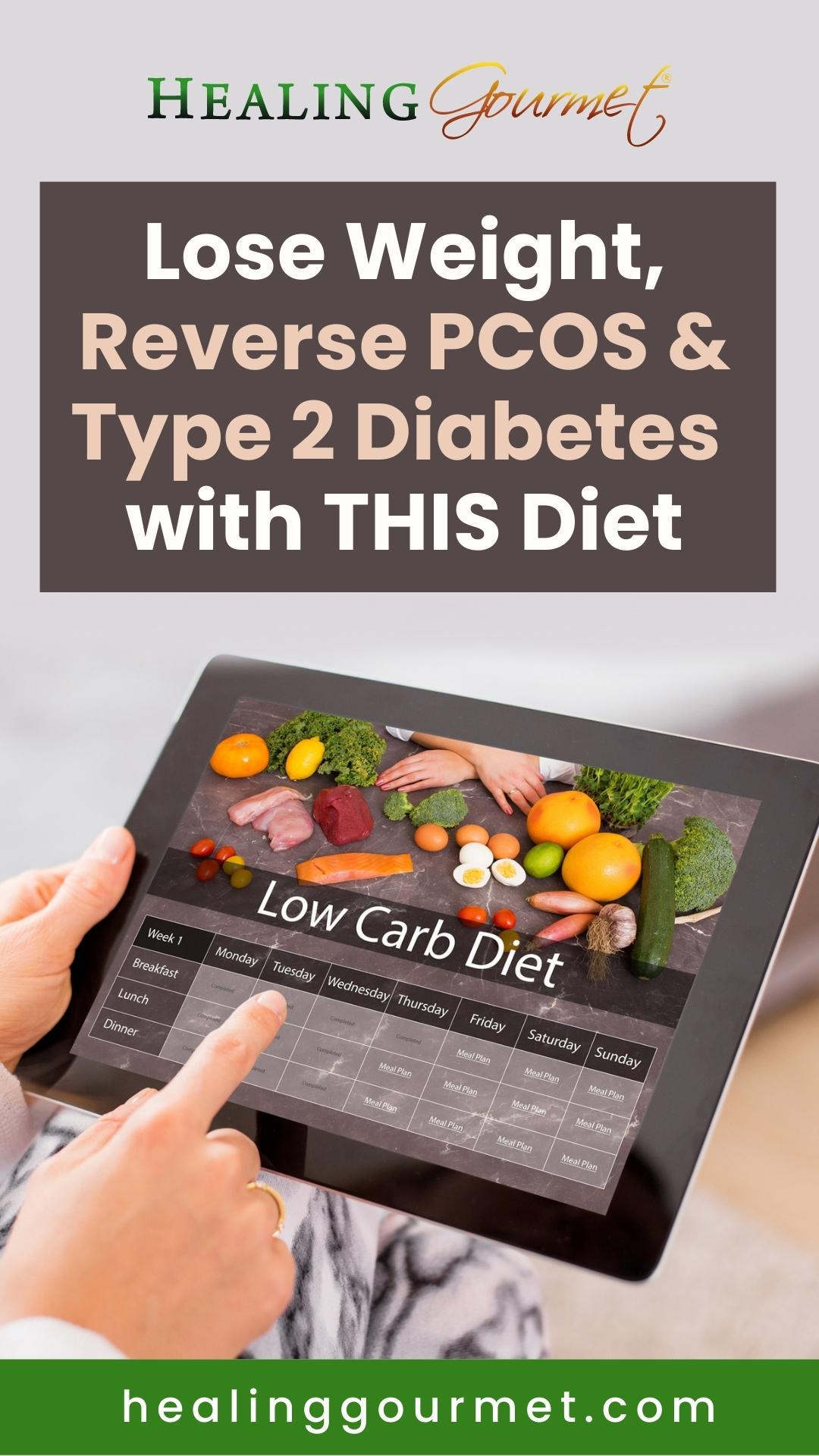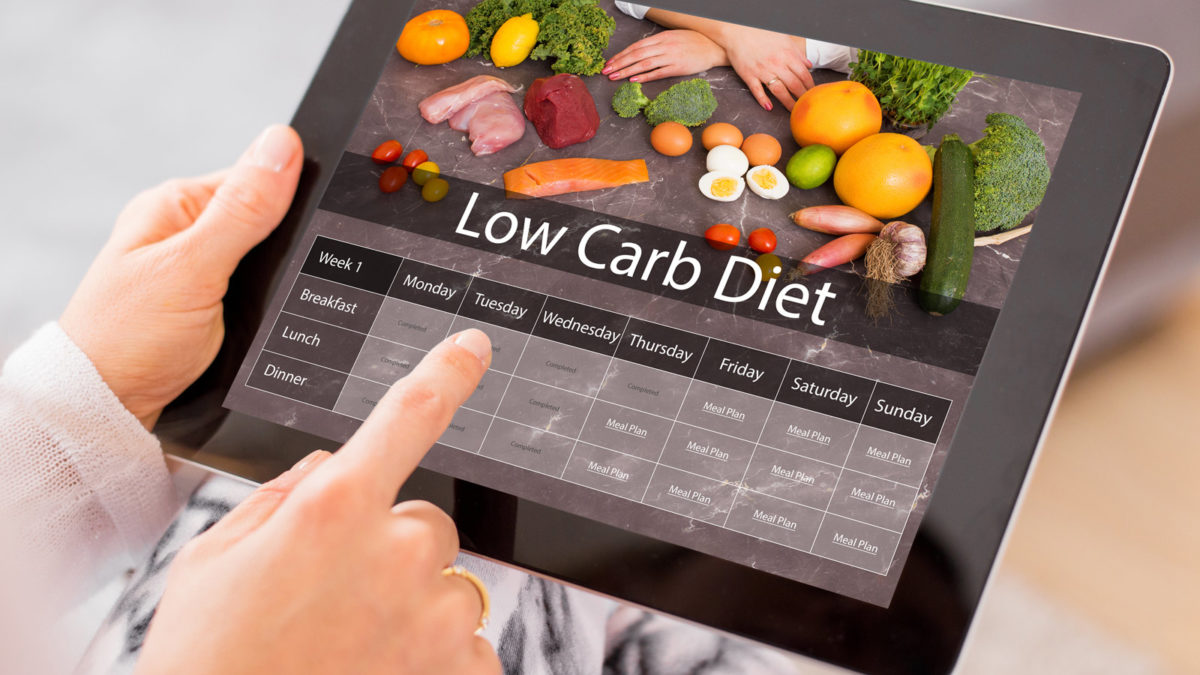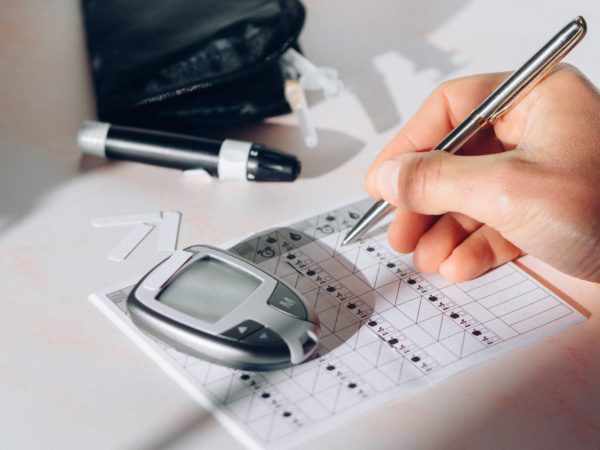The Therapeutic Diet Proven to Improve Metabolic Health & Body Composition in Seniors (in Just 8 Weeks!)
We are an aging population. In fact, there are more than 56 million Americans over the age of 65 and this number is expected to climb to 83 million by 2050.
Unfortunately, our seniors also require the most healthcare expenditure – with spending per person nearly five times higher for those aged 85+ than the national average.
You probably already know that the diseases that cause the biggest burden are the lifestyle diseases – including diabetes and heart disease. But the good news is that these diseases are also the easiest to treat with diet and lifestyle.
And recently, researchers at University of Alabama’s Birmingham Nutrition Obesity Research Center set out to prove just that…
Improve Body Composition, Reduce Disease Risk
Older adults who are overweight or obese are at the highest risk of developing Type 2 diabetes and heart disease.
But it’s not the total amount of fat on your body that makes the biggest impact on disease risk. Rather, it is the type of fat and where that fat is stored that makes a difference. Visceral fat, or fat that is stored in the abdominal cavity, confers the greatest risk of disease development and is considered “metabolically harmful”.
Unlike the “pinch-an-inch” subcutaneous fat you can see – visceral fat is “deep fat” that wraps around major organs, including the liver, pancreas and kidneys.
And this kind of fat doesn’t just sit there! Visceral fat pumps out hormones and inflammatory cytokines which impact the body in many negative ways. In fact, excess visceral fat is associated with an increased risk for:
- High triglycerides, high blood pressure and high cholesterol – key markers for heart disease
- Dementia, likely due to the fact visceral fat causes abnormal changes in the hippocampus – a structure in the brain vital for short-and-long term memory
- Depression and mood disorders
- Hormone-dependent cancers, including colon, breast and prostate cancer
- Polycystic ovarian syndrome (PCOS) – the leading cause of female infertility
Dr. Amy Goss, Ph.D., RDN, assistant professor with UAB’s Nutrition Sciences, and her team wanted to determine if a therapeutic diet could specifically target these dangerous fat stores, effectively reducing the risk of metabolic disease.
Targeting Metabolically Harmful Fat with Diet
Dr. Goss and her team recruited 34 obese men and women over the age of 60 to participate in a randomized control trial – the “gold standard” of research.
All participants were analyzed for body composition, fat distribution, insulin sensitivity and fasting lipids at the beginning of the study. Then the participants were put on either a Very Low-Carb Diet (VLCD) – comprised of less than 10% carbohydrate, 25% protein and 65% fat – or a Low-Fat Diet (LFD) – comprised of 55% carbohydrate, 25% protein and 20% fat – for eight weeks.
The participants were told to not restrict calories – only to reduce fat or carbs (based on the diet they were assigned). All participants were provided breakfast foods that met the requirements of their specified diet. The Low-Carb group received two dozen eggs each week and were instructed to consume three per day. The Low-Fat group received breakfast bars. Meal plans were provided and prescribed to be “weight maintaining”.
At the end of the study, participants were again analyzed for body composition, fat distribution, insulin sensitivity and fasting lipids.
The researchers found the Very Low-Carb Diet participants enjoyed three times greater loss of visceral fat and a greater decrease in intermuscular fat at the end of the study compared to the Low Fat Diet group. The Low-Carb group also experienced greater increases in insulin sensitivity and protective HDL cholesterol and greater decreases in fasting insulin and triglycerides compared to the low-fat group.
Dr. Goss commented on the study, saying:
“After the eight-week intervention – despite the recommendation to consume a weight-maintaining diet – the group consuming the very low-carbohydrate diet lost more weight and total fat mass than the control group. We also found significant improvements in the overall lipid profile that would reflect decreased risk of cardiovascular disease. Insulin sensitivity also improved in response to the very low-carbohydrate diet, reflecting reduced risk of Type-2 diabetes. Overall, we observed improvements in body composition, fat distribution and metabolic health in response to an eight-week, very low-carbohydrate diet.”
Sixty Days to Better Health (No Matter Your Current Age or Weight!)
The power of diet to beneficially reduce your disease risk cannot be understated. This new study sheds light on how a low-carb diet can be both safe and effective for seniors – and how quickly it can reduce disease risk.
“This study extends previous research to show that it can be a safe, therapeutic option for older adults in their 70s experiencing obesity. This is the first study to demonstrate depletion of ‘metabolically harmful’ fat deposits while preserving skeletal muscle during weight loss in response to a VLCD in older adults.”
If you are struggling with diabetes or heart disease, or would simply like to improve your markers for these diseases, consider a very low carb diet trial. Here are a few quick and easy sample meals to get you started:
- 3 Egg Omelet with Organic Bell Peppers & Mushrooms + “Bulletproof Coffee”
- Grass-Fed Beef Burger wrapped in Lettuce with Raw Cheese, Pickles, Paleo Mayo & Mustard
- Grilled Pastured Pork Chops with Red Cabbage & Onions Sauteed in Grass-Fed Butter





Make sure the eggs are organic too. Make sure if you are eating pork or chicken, that the pigs and chicks are being fed as healthy a diet as possible. It’s not only what you eat but also the food that your food eats. That means stay away from junk/bad fats like soy, canola, corn, sunflower, safflower, cottonseed. Even organic, these junk fats will kill you.